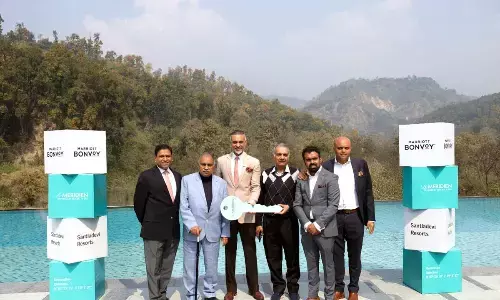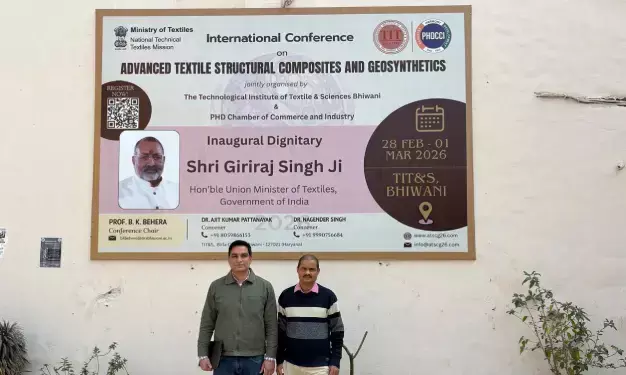For the guilt free Diwali

With Diwali round the corner, you see multiple shops in preparation of bulk load of orders for white sugar laden Indian confectionaries.
With Diwali round the corner, you see multiple shops in preparation of bulk load of orders for white sugar laden Indian confectionaries.
As tempting as they all are to gorge on, let’s aim at choosing what is good for you. It’s not about deprivation but addition of fresh unprocessed natural foods and being aware of which is good and bad for the body.
If you are thinking of consuming them or gifting them to friends and family then feed your near and dear ones with the gift of non-toxic food. Make sure to place orders for food that heal and not harm the body. Choose sweets that are less processed, non-fried and without white flour or white sugar. Look for ones sweetened with natural sugar from dry fruits, jaggery, fruits and honey and made with good quality fat from nuts, coconuts and cows ghee. Let your body sing with joy that the delicacies consumed are safe and pure.
Commonly found unhealthy sweets:
Jalebi – A sweet, which has no corners but is found in all the corners of India. A hypnotising spiral of sugary syrupy crunchiness eaten at breakfast, lunch or dinner.
Ghughra – Call it ghughra in Gujarat, karanjiya in Maharashtra, kusli in Madhya Pradesh or neuri in Goa. It is a staple sweet, shaped like a crescent moon, has a crisp golden exterior with a fluted edge stuffed with sugar and coconut mawa.
Moti chur ke laddoo – Just as any jeweller has rows of pearls lined up, around Diwali you will see rows of tiny pearls shaped into ladoos made of fried gram flour and sugar shaped lined up at any sweet shop ranging from yellow to bright orange in colour.
Gulab Jamun – These soft fried balls made from gram flour, white sugar and white flour is in shades of brown and black soaked in sugar syrup.
Shakkapara – These diamond shaped cookies from Gujarat are a ubiquitous sweet. White flour fried festive snack dusted with powdered sugar.
Gulgule – These wheat flour sweet fried dumplings are popular during festivals in many states of North India.
Malpua – is a classic look alike Indian replica of sugared pancakes, unfortunately it is deep fried and topped with malai.
Healthy alternatives:
Lapsi – This is a simple sweet dish made from jaggery, cow’s ghee and broken wheat. With no additional frills it is a delicious earthy sweet. An important part of Rajasthan, Gujarat and Maharashtra’s festive cuisine.
Payassam – Like a kheer traditionally prepared using jaggery and coconut milk, it is a much sought after sweet dish from Southern India.
Noleen gur sandesh – Cottage cheese and jaggery of Bengal, this sweet crumbles in your mouth.
Mishti doi – This delicious sweet curd from Bengal, sweetened with Nolen Gur is made in an earthen pot.
Puran poli – The yummiest form of roti that you will ever taste is Puran poli. Found in Maharashtra, Gujarat, Goa, Karnataka, Andhra Pradesh, Kerala, Telangana and the Northern part of Tamil Nadu. Made from jaggery wheat and toovar daal.
Biranj/Sweet rice – This lively sunny coloured caramelised rice when served, can brighten up any festival. Made from basmati rice, jaggery, ghee, saffron, and loads of dried fruits, nuts just as visually appeasing it is delicious to devour.
Dry fruits – The first thing offered to you when you go to someone’s house during Diwali are dry fruits. Almonds, cashews, pistas and raisins are a must for this festive season.








